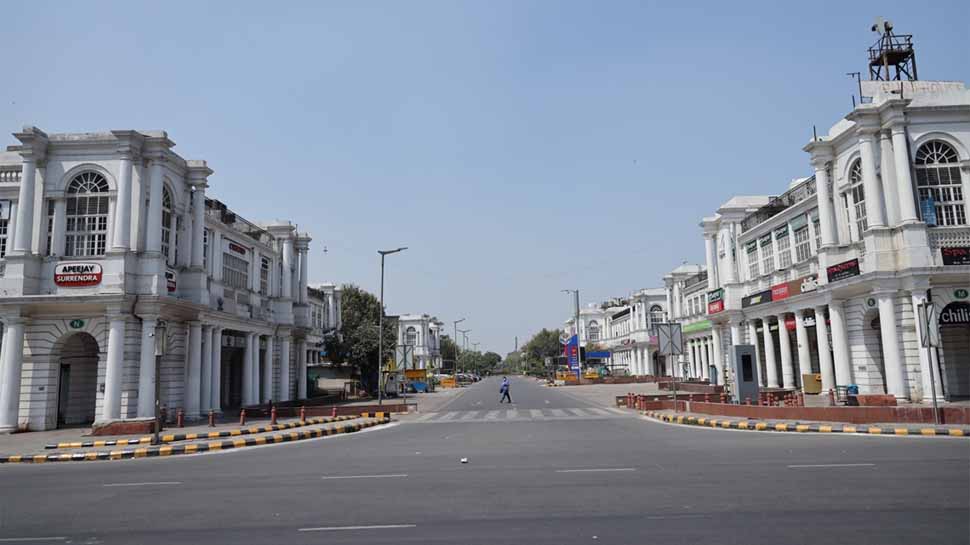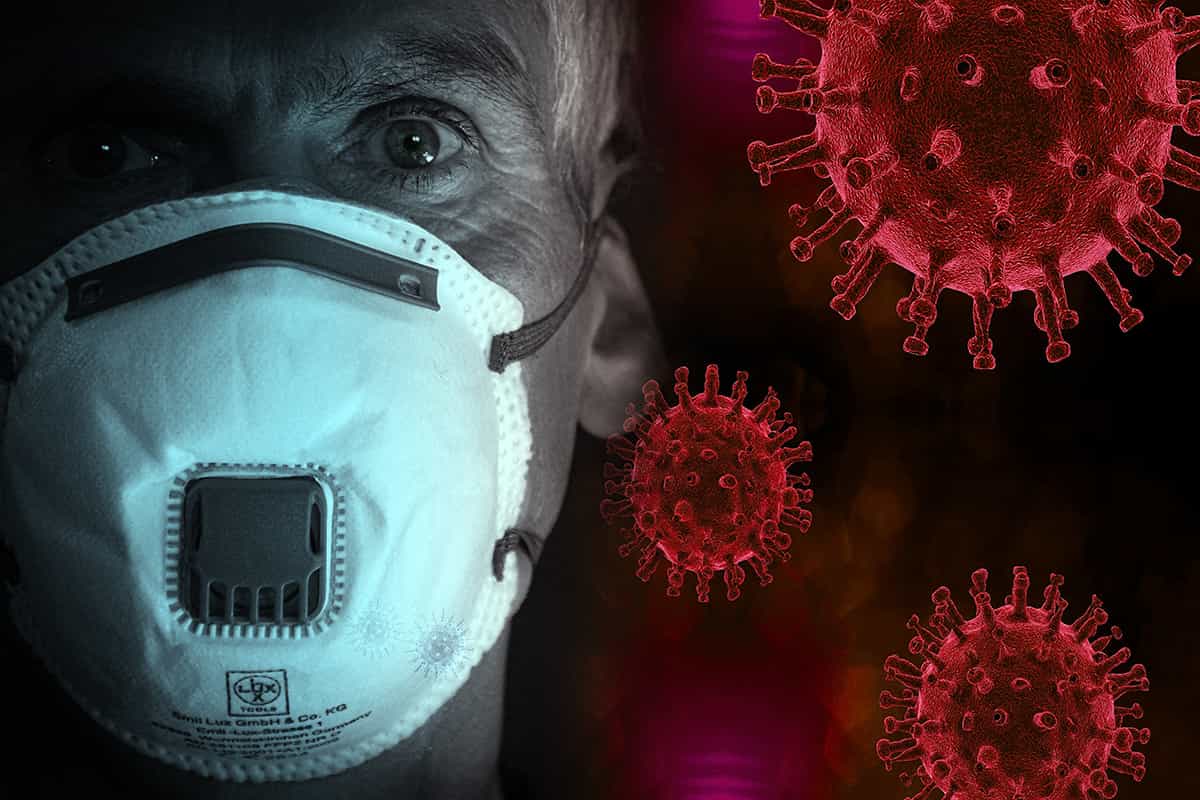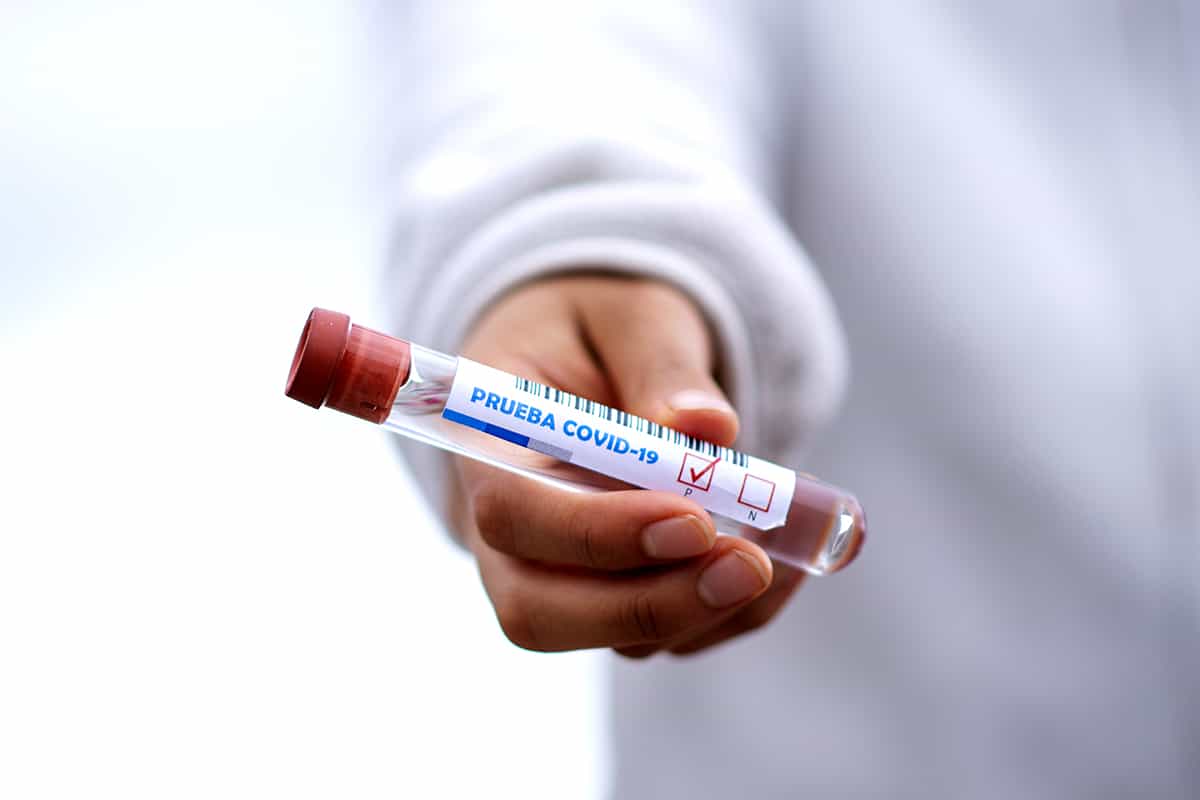As the coronavirus COVID-19 death toll reached seven and the number of infected jumped to 341 on Sunday (March 22, 2020), several states locked down to stop the virus from spreading. With no cure in sight and India bracing for a surge in the number of coronavirus positive cases, social distancing and stopping people from moving from one place to another is seen as the best weapon currently against the mysterious disease that has infected over 3 lakh people and left more than 13,500 dead across the world.
Lockdown of infected regions is seen as a way of stopping the coronavirus from spreading to newer areas.
But what exactly is a lockdown and how does it work? What will be accessible to the public and what services will be unavailable?
What is lockdown?
The state government issues some important guidelines to deal with any emergency. There is no word like lockdown in government policies but its purpose is to follow the orders of the government in case of an emergency.
Under the Epidemic Disease Act 1897, governments can give some necessary guidelines to citizens to deal with any epidemic. Citizens are automatically obliged to obey the advice of the government, because the negligence of one may put thousands of lives at risk.
All offices, companies, shops, malls, cafes, community centers are closed in the districts where lockdown in imposed. No more than four people can gather together, it is an appeal to all citizens to stay in their homes.
All types of programs, events, gatherings are banned in the city where lockdown in in effect. No one can gather in a public place. All government provided services like bus, tempo etc. are closed.
In the event of a lockdown being imposed, everyone is advised to stay in their house at all times.
In the city of lockdown, some essential services are exempted so that citizens do not have any problems.
1. Milk shops will be open but do not gather there together.
2. Ration shops will remain open but the appeal is that the crowd does not gather if there is ration in the house. In some cases, the government takes ration to people’e home directly so that infection can be avoided.
3. Supply of vegetables and fruits will continue
4. Food Processing Unit will be open
5. Petrol pumps remain open, but by marking some places, the local administration may also close, where there will be more congestion
6. Milk and dairy plants remain open
7. Private and government hospitals are open 24 hours
8. Medical stores can be open 24 hours
9. Companies making medical and health equipment and medicines are open
10. Communication services run smoothly
11. Telecom companies can open their own facilities
12. Banks and ATMs may remain open
13. Work From Home can be done
14. Vehicles can move to transport items of essential services
15. Government can also deliver any necessary material to citizen’s home
16. The ambulance system is increased.
Who are allowed to exit during lockdown?
1. Police
2. Doctor, Nurse
3. Sweeper
4. Administrative Officer
5. Media
6. People who supply the required material
They can leave their homes but only with complete security and the use of a mask is necessary.
What action can be taken if someone violates the guidelines of the administration?
1. District Officer can take action under Section 188 of IPC
2. If a person hides the information about his coronavirus infection then that person may also have an FIR filed against him like Kanika Kapoor, action can also be taken under sections 269 and 270 of IPC.








